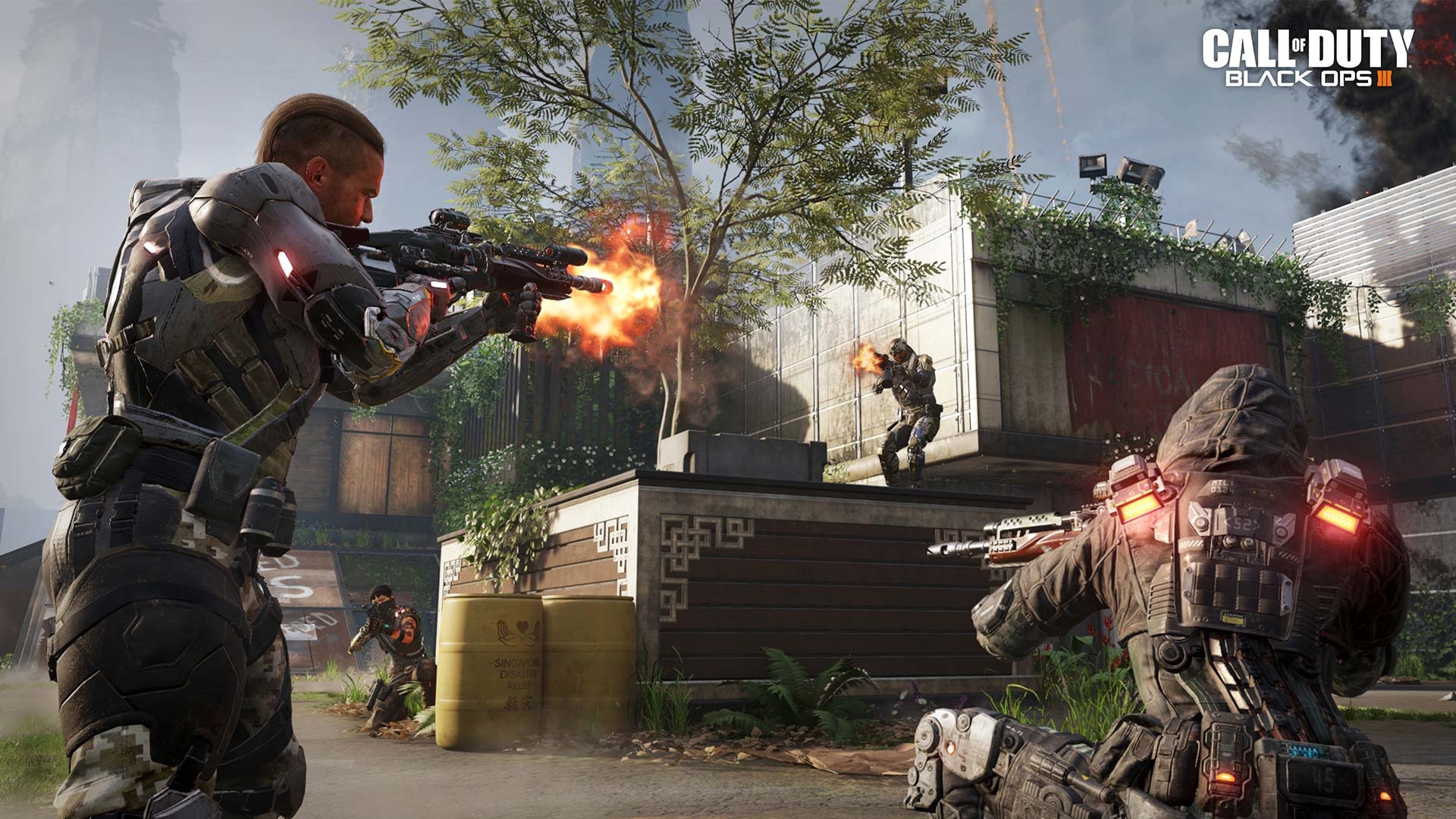 POLICY
POLICY
 POLICY
POLICY
 POLICY
POLICY
Microsoft Corp. today filed a response to a lawsuit from the U.S. Federal Trade Commission that seeks to block its $68.7 billion takeover of computer games maker Activision Blizzard Inc., the biggest ever in the technology business.
Microsoft announced that it had entered an agreement to acquire Activitision in January, and antitrust concerns emerged not long thereafter on both sides of the Atlantic. Along with being sued by New York State and facing probes into the deal in both the U.K. and European Union, Microsoft was targeted on Dec. 8 by the FTC with a suit to prevent it from completing its proposed purchase.
The FTC argued in the lawsuit that allowing the acquisition to be completed would harm market competition, specifically in two areas: video game consoles and cloud gaming. Activision makes games for multiple platforms, including Microsoft’s Xbox devices. The FTC is concerned that Microsoft could block Activision from creating games for competing platforms once the acquisition was completed.
The Wall Street Journal reported late today that Microsoft said in its defense that it is not the video game industry’s top console company or software developer and that the acquisition is aimed at becoming more competitive through its Xbox video gaming unit.
“Xbox wants to grow its presence in mobile gaming and three-quarters of Activision’s gamers and more than a third of its revenues come from mobile offerings,” Microsoft said in response to the FTC’s lawsuit. “Xbox also believes it is good business to make Activision’s limited portfolio of popular games more accessible to consumers by putting them on more platforms and making them more affordable.”
Microsoft argues that the transaction would not harm competition in the video game industry and that it would not engage in anticompetitive behavior because it trails its rivals in console sales and has a limited presence in mobile game development. Notable Activision franchises include “Call of Duty” (pictured) and the mobile game “Candy Crush.”
Leading into the FTC’s lawsuit, Microsoft had offered to keep “Call of Duty” games accessible to rival consoles such as Sony Group Corp.’s PlayStation through a legally binding consent decree to challenge antitrust concerns. “The acquisition of a single game by the third-place console manufacturer cannot upend a highly competitive industry,” Microsoft said at the time. “That is particularly so when the manufacturer has made clear it will not withhold the game.”
Microsoft could offer the FTC further commitments on top of its existing “Call of Duty” offer to avoid litigation, but any such offer may be rebuffed because of concerns by the government that it would have to invest in resources to enforce those commitments.
Although the antitrust concerns appear legitimate, the FTC’s chances of winning its lawsuit are not clear-cut. The Journal report noted that the deal is for a “vertical merger,” with Microsoft wanting to buy a company in its supply chain instead of a direct competitor. A case involving a direct competitor would be clearer.
Presuming the suit is not settled, the case is scheduled to be heard in the FTC’s administrative court in August.
THANK YOU